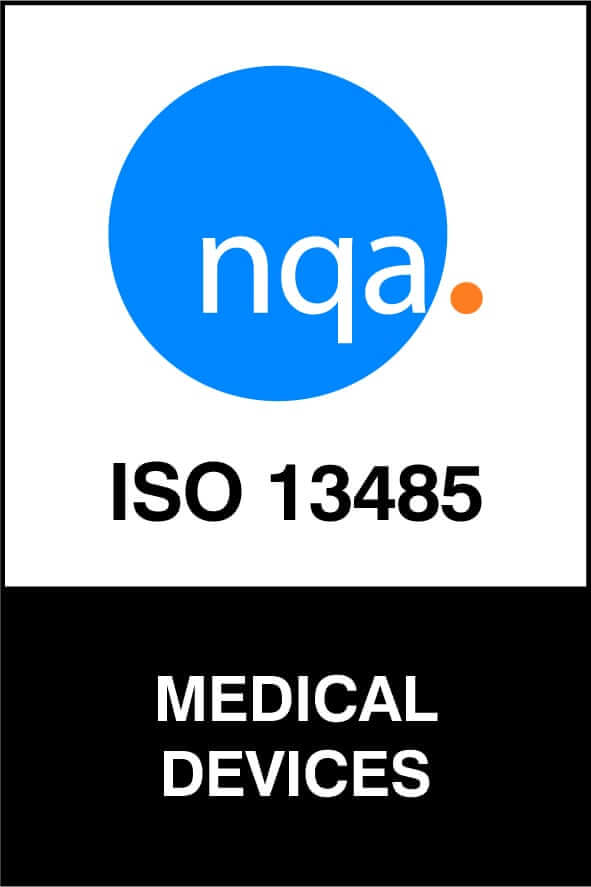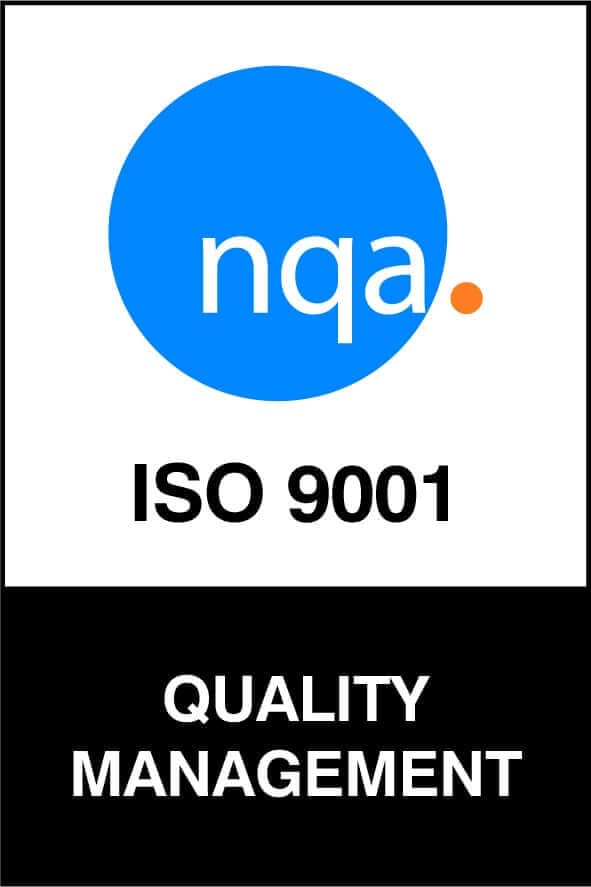Jefferson Rubber Works Finds Opportunity in Loss With Dog Toy Line
Leave a Comment RuffDawg rubber toys are made in the U.S. and come with a lifetime guarantee, according to CEO Dave Pentland.
RuffDawg rubber toys are made in the U.S. and come with a lifetime guarantee, according to CEO Dave Pentland.WORCESTER, Mass.—Inspiration comes from unexpected places for Dave Pentland.
As CEO of Jefferson Rubber Works, Pentland and his team produce a variety of rubber products including bellows, grommets, expansion joints and hoses. The 50-employee firm manufactures rubber products for the U.S. government, along with the automotive and health and safety industries, among others.
But it was actually a loss of business that gave the company the idea for perhaps its signature product line: RuffDawg rubber pet toys.
One of Jefferson Rubber Works’ customers went out of business, which left the company with leftover wastewater diaphragms. Trying to figure out how to make use of the spare parts the company still had lying around, Pentland and his associates at Jefferson had an idea.
“It kind of looked like a Frisbee,” Pentland said of the diaphragm. “We had the mold here and we owned the tooling, so one day at the end of that run for that customer, some of the guys were out in the parking lot, throwing this thing around like a Frisbee, and they found that it flew pretty well.”
Soon, the K9 Flyer rubber flying disk was born, kicking off Jefferson Rubber’s new RuffDawg brand with one of its most recognizable products.
Carving a Niche
 RuffDawg’s first rubber dog toy, the K9 Flyer, was created from a leftover watewater diaphragm after one of Jefferson Rubber Works’ customers went out of business in the 1990s.
RuffDawg’s first rubber dog toy, the K9 Flyer, was created from a leftover watewater diaphragm after one of Jefferson Rubber Works’ customers went out of business in the 1990s.Getting into the pet toy market actually proved to be easier than the Jefferson Rubber crew originally thought, according to Pentland. He said it one trade show in New Jersey in the late 1990s that really put the brand on the map relatively quickly, largely thanks to the unique properties of the toy.
“We had a rubber Frisbee that was kind of unique because there wasn’t anything else around like it,” Pentland said. “It flew kind of interestingly and a little bit different, but the key to it was that it was kind of soft on the dog’s mouth, and it wouldn’t cut them like the plastic would.”
Now, RuffDawg’s natural rubber and TPE-based pet toys make up about 25 percent of Jefferson’s total sales with that number growing each year. Every toy the company makes has a full lifetime guarantee, and customers are free to visit the company website for a replacement, should their dog manage to chew through the material.
“It’s got a lifetime guarantee on it, so if a dog chews it up, the customer just sends it back to us and we replace it,” Pentland said. “That’s somewhat unique in the industry and plus, we’re made in the U.S. which is very unique because most dog toys come from China or India, or the lower-cost manufacturing countries. So, our product line is pretty high-end.
“The materials are recyclable so they’re eco-friendly, most of the materials that we use are. People like the idea of being able to buy one toy that’s going to last for three or four years, instead of buying five toys that are going to last a lot less, over that period of time.”
But early in the process, the company realized it would have to expand its offerings to the dog toy end market to survive, let alone thrive. RuffDawg as a brand was never going to survive on just one SKU, no matter how great that product was.
So, the team got to work designing an entire fleet of pet toys under the RuffDawg name, including rubber sticks, rubber footballs and rubber balls. The company manufactures between 25 and 30 different products for dogs of all breeds and sizes, Pentland said.
“We kind of had our ears opened and our eyes opened to the pet industry,” he said. “We know that dogs like to chew on things and retrieve and do all that. We came up with the idea of a rubber stick.
“It kind of steamrolled from there, and we just started to build the brand called RuffDawg, and we’ve been doing that for about 26 years now.”
Made in the U.S.
According to Pentland, the vast majority of dog toys produced worldwide are made outside of the U.S. But in a changing international trade and manufacturing landscape due to the Trump administration’s tariff plan, RuffDawg’s made in the U.S.A. distinction has become more important than ever, Pentland said.
“There’s a big push now to buy made in the U.S.A. (products) obviously, with all the craziness that’s going on with the tariffs and all that,” Pentland said. “We have a pretty loyal customer base. Right now, we’re just trying to continue to reach out with our brand, with more brand recognition.
“We do a lot of on Amazon and Chewy and that kind of thing, so we are continuing to grow the line and add more SKUs, and trumpet the made in the U.S.A. product line.”
Pentland estimates that about 90 percent of RuffDawg’s business takes place on U.S. soil, but the firm still has quite a few Canadian customers who they don’t want to leave out in the cold due to the tariff war. Even though RuffDawg’s production process might not be directly affected by the international tariff situation, its end customers could feel the strain of the tariffs in other areas, which in turn might steer them away due to RuffDawg’s price point, Pentland said.
“I don’t think it’s going to affect our business too much. I think things are going to get a little more expensive, not for us, but for our end customers,” Pentland said. “And that, along with inflation, is going to kind of cut people’s budgets. So it won’t directly affect the cost of our product, but I think the demand for higher-end, made-in-the-U.S.A. products might be inhibited for a period of time.”
The company also partners with Canines for Disabled Kids, a non-profit located just three miles away from Jefferson Rubber’s Worcester headquarters. Since 2016, RuffDawg has been a sponsor of the organization, which spreads awareness on the importance of service dogs around the U.S. and promotes service animal partnerships to disabled children and their families.
“They’re out of Worcester, great organization,” he said. “They do a lot of local work and we support them greatly. They did a building scale-down this (past) fall in downtown Worcester where people scaled off a ten-story building. We had a team down there of four people that did it, and it was a lot of fun. Anything we can do to support our folks here, we try to do.”
Outside of the RuffDawg brand, Pentland said that Jefferson Rubber is always focused on steady, continued growth, whether that be organically or through acquisitions like its 2013 purchase of Astro Manufacturing Co. Although the company has no acquisitions on the horizon right now, Pentland did say that its medical business could be in for some heavy growth relatively soon.
“We’re really working hard on our medical products division and trying to expand that,” he said. “There’s a lot of need for that type of product, so we’re working on that. (We want) to continue improving and growing and developing young talent.”








